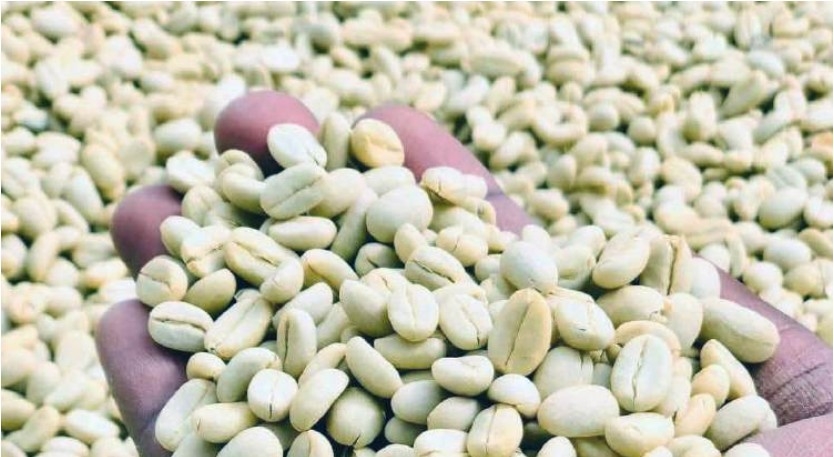Kenyans are divided on the scientific arguments for and against genetically modified organisms to boost food security. Some argue that high-yielding plants and animals, such as Friesian cows and seedless oranges, among others, are a result of traditional animal breeding engineering essentially involving human manipulation of desirable genes. Others think there are better alternatives for food security.
While GMOs may be good, the problem with Kenya is how ineffective the regulatory bodies can be. The inability of the National Environmental Management Authority to effectively regulate the environment sector quickly comes to mind.
Whether we have a critical mass of biotechnologists like they do in Europe or America to develop our own GMOs and ensure the GMO market is not adulterated by unscrupulous businessmen or even the funding to support such research are some of the key questions Kenyans seem to be worried about.
This could mean that we may just be consuming GMO products from the west or locally whose nature of genetic manipulation we do not know. This could be the reason that some western countries still have a ban on GMOs. So that they are sufficiently prepared to regulate the GMO environment and protect the genuine players while feeding the vulnerable population.
While leveraging biotechnology to enhance food production is acceptable, our food insecurity situation is due to or can be enhanced by a number of factors, including maximising agricultural production and adopting mechanised agriculture.
Our agricultural production is still largely peasantry with quite large tracts of arable land never utilised across the agriculturally viable parts of Kenya. Related to this is the need to promote irrigation farming and other forms of farming so as to reduce dependency on rain-fed agriculture. These will contribute to more food being produced.
Secondly, the government should support and subsidise agricultural production. Farmers must be supported, eg in terms of seeds and fertilisers. Poor food marketing networks also need to be remedied. This is the reason why farmers in Kirinyaga are crying that their produce is rotting in their shambas while people are starving in Baringo.
That problem cannot be solved by GMOs. The need to promote the growing of traditional crops and vegetables is another potent area of focus. The traditional crops and vegetables have evolved with the natural environment and are thus more tolerant to climate variability. Millet and cassava played and still play a critical role in food security in rural areas. They are now slowly disappearing.
Finally leveraging the blue economy will help address food security faster than GMOs. Our marine resources remain virtually unexploited yet therein lies huge sources of food. The Kenyan marine Exclusive Economic Zones of 200 nautical miles remain unexploited.
All that fish is ours but we are not exploiting it due to lack of suitable fishing equipment leave alone the international waters. In countries like Japan, Norway and even the USA, marine foods are a major source of food security.
The debate on food production in the country and GMOs should be looked at in the wider context of exploding human population growth, climate change and environmental degradation. Managing these three is paramount if the country is to achieve food security. Introducing all sorts of GMOs, alone, will not solve our food problems.
Strategic plan, leadership and development consultant based in Siaya

















